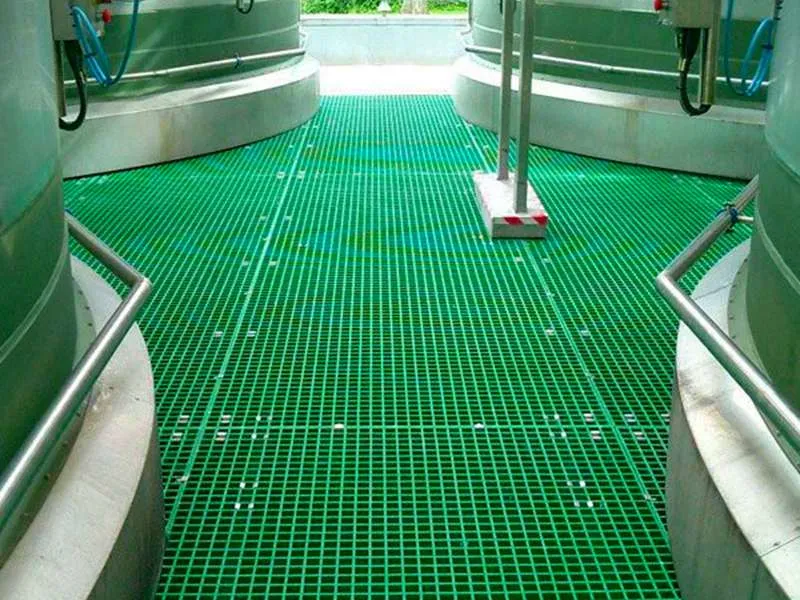
-
 Afrikaans
Afrikaans -
 Albanian
Albanian -
 Amharic
Amharic -
 Arabic
Arabic -
 Armenian
Armenian -
 Azerbaijani
Azerbaijani -
 Basque
Basque -
 Belarusian
Belarusian -
 Bengali
Bengali -
 Bosnian
Bosnian -
 Bulgarian
Bulgarian -
 Catalan
Catalan -
 Cebuano
Cebuano -
 China
China -
 China (Taiwan)
China (Taiwan) -
 Corsican
Corsican -
 Croatian
Croatian -
 Czech
Czech -
 Danish
Danish -
 Dutch
Dutch -
 English
English -
 Esperanto
Esperanto -
 Estonian
Estonian -
 Finnish
Finnish -
 French
French -
 Frisian
Frisian -
 Galician
Galician -
 Georgian
Georgian -
 German
German -
 Greek
Greek -
 Gujarati
Gujarati -
 Haitian Creole
Haitian Creole -
 hausa
hausa -
 hawaiian
hawaiian -
 Hebrew
Hebrew -
 Hindi
Hindi -
 Miao
Miao -
 Hungarian
Hungarian -
 Icelandic
Icelandic -
 igbo
igbo -
 Indonesian
Indonesian -
 irish
irish -
 Italian
Italian -
 Japanese
Japanese -
 Javanese
Javanese -
 Kannada
Kannada -
 kazakh
kazakh -
 Khmer
Khmer -
 Rwandese
Rwandese -
 Korean
Korean -
 Kurdish
Kurdish -
 Kyrgyz
Kyrgyz -
 Lao
Lao -
 Latin
Latin -
 Latvian
Latvian -
 Lithuanian
Lithuanian -
 Luxembourgish
Luxembourgish -
 Macedonian
Macedonian -
 Malgashi
Malgashi -
 Malay
Malay -
 Malayalam
Malayalam -
 Maltese
Maltese -
 Maori
Maori -
 Marathi
Marathi -
 Mongolian
Mongolian -
 Myanmar
Myanmar -
 Nepali
Nepali -
 Norwegian
Norwegian -
 Norwegian
Norwegian -
 Occitan
Occitan -
 Pashto
Pashto -
 Persian
Persian -
 Polish
Polish -
 Portuguese
Portuguese -
 Punjabi
Punjabi -
 Romanian
Romanian -
 Russian
Russian -
 Samoan
Samoan -
 Scottish Gaelic
Scottish Gaelic -
 Serbian
Serbian -
 Sesotho
Sesotho -
 Shona
Shona -
 Sindhi
Sindhi -
 Sinhala
Sinhala -
 Slovak
Slovak -
 Slovenian
Slovenian -
 Somali
Somali -
 Spanish
Spanish -
 Sundanese
Sundanese -
 Swahili
Swahili -
 Swedish
Swedish -
 Tagalog
Tagalog -
 Tajik
Tajik -
 Tamil
Tamil -
 Tatar
Tatar -
 Telugu
Telugu -
 Thai
Thai -
 Turkish
Turkish -
 Turkmen
Turkmen -
 Ukrainian
Ukrainian -
 Urdu
Urdu -
 Uighur
Uighur -
 Uzbek
Uzbek -
 Vietnamese
Vietnamese -
 Welsh
Welsh -
 Bantu
Bantu -
 Yiddish
Yiddish -
 Yoruba
Yoruba -
 Zulu
Zulu
Effective Fiberglass Demisters for Enhanced Air Filtration and Moisture Control in Industrial Applications
The Role of Fiberglass Demisters in Industrial Applications
In various industrial settings, the necessity to manage vapor and mist is paramount for ensuring operational efficiency and environmental compliance. One of the most effective tools employed for this purpose is the fiberglass demister. This article delves into the importance, function, and benefits of fiberglass demisters, showcasing their integral role in several industries.
Understanding Fiberglass Demisters
Fiberglass demisters are specialized devices designed to separate liquid droplets from gas streams. Primarily composed of fiberglass media, these demisters offer excellent performance characteristics, including corrosion resistance, high thermal stability, and lightweight properties. They are commonly installed in places where gas and liquid interactions occur, such as in chemical processing plants, oil refineries, and power generation facilities.
Mechanism of Operation
The operational principle behind a fiberglass demister involves a few key processes. When a gas stream containing moisture passes through the demister, it encounters a series of finely woven fiberglass strands. These strands create a labyrinth for the traveling mist, effectively promoting droplet coalescence. As droplets collide and combine, their size increases—eventually becoming heavy enough to fall out of the gas stream due to gravity. The now-dry gas is permitted to escape while the liquid is collected for appropriate disposal or recycling.
Advantages of Fiberglass Demisters
1. Corrosion Resistance In environments where chemicals are present, such as refineries and chemical plants, fiberglass demisters stand out due to their resistance to corrosive elements. Traditional metal demisters can succumb to corrosion, impacting their longevity and effectiveness; however, fiberglass materials demonstrate durability in harsh conditions.
fiberglass demister

2. Durability and Longevity Fiberglass demisters are designed to withstand extreme temperatures and pressures, making them suitable for various high-demand applications. Their robust nature ensures that they maintain performance over long operational periods, reducing the need for frequent replacements.
3. High Efficiency These demisters can achieve high separation efficiencies, often exceeding 99% under appropriate conditions. This level of effectiveness helps industries meet environmental regulations by minimizing the release of harmful vapors into the atmosphere.
4. Low Maintenance Requirements The design and materials used in fiberglass demisters mean that they require minimal maintenance, further enhancing their appeal to operators in high-stakes industrial settings. Their reliable performance reduces downtime, allowing facilities to operate smoothly.
5. Cost-Effectiveness Over their operational lifespan, fiberglass demisters can provide significant savings by lowering operational costs associated with equipment maintenance and environmental compliance penalties.
Applications Across Industries
Fiberglass demisters are versatile devices utilized in numerous industries. In oil and gas, they are essential in separating mist from gas streams during extraction and refinement processes. In the pharmaceutical industry, they ensure the cleanliness of air utilized in drug manufacturing by effectively eliminating moisture. Power plants use them to manage vapor emissions, adhering to stringent environmental standards.
Conclusion
In summary, fiberglass demisters play a crucial role in managing mist and vapor across various industrial applications. Their unique composition allows for enhanced durability and efficiency while providing significant advantages in terms of maintenance and cost-effectiveness. As industries continue to prioritize sustainability and operational efficiency, the demand for reliable technologies like fiberglass demisters will undoubtedly increase, helping to safeguard both equipment and the environment. Embracing such innovations is not only beneficial for companies but also essential for fostering a sustainable industrial future.
Latest news
-
High-Quality Fiberglass Car Bodies Durable GRP Car & Boat Body SolutionsNewsJul.08,2025
-
High-Quality Fiberglass Dual Lamination Product Manufacturer Durable FRP & GRP Dual Lamination SolutionsNewsJul.08,2025
-
Rectangular Tank with Dimensions for GRP Calculation Custom Fiberglass GRP Rectangular TanksNewsJul.07,2025
-
High-Quality Fiberglass Weir Custom FRP Weir & Fiberglass Tanks ManufacturerNewsJul.07,2025
-
CPVC FRP Pipe A Reliable Choice for Industrial Applications High Strength & Corrosion ResistanceNewsJul.07,2025
-
Fiberglass Scrubber for Effective Cleaning and Stain Removal – Superior Performance in Various ApplicationsNewsJul.06,2025









